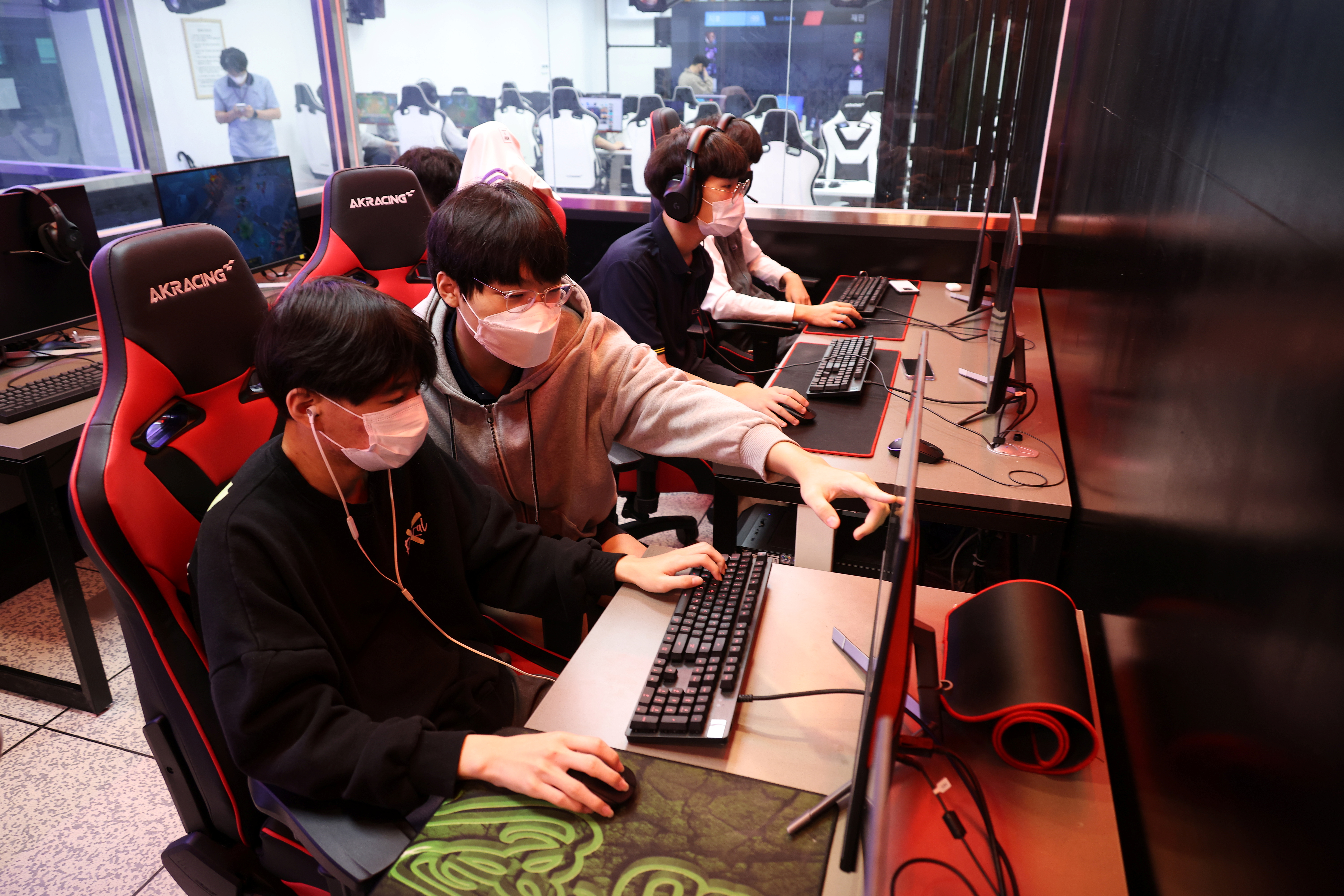From Midnight Dreamers to Pro‑League Aspirants: South Korea’s Gaming Nova
Meet Yoon Ki‑chan, a Seoul teen who’s practically living on a playlist of sleep schedules: three hours a night and nine hours a day—all on the endless grind of League of Legends. The twist? His parents and teachers give him a green light, and he’s determined to rise to the top of the global esports ladder.
Living the (Digital) 24‑Hour Life
- Three hours of shut‑eye each night
- More than three times that spent fighting in virtual lanes
- Parents & teachers already on board with the schedule
- Dream of becoming a pro League of Legends champ
South Korea’s Game‑Day Revolution
The country’s 2024 move? It officially removed the 16‑year‑old midnight‑to‑6 am ban. The rule—there for a decade—had once kept youths offline during those hours. As phones became the comfy gaming go‑to, the law was last called too restrictive.
Yoon’s own words echo that change: “I couldn’t sleep enough during the shutdown, so I’ll cram in extra study hours. If that law didn’t exist, I’d be a better player by now.” Since turning 16, he can add at least four more gaming hours to his day.
Globe‑Wide Rules of the Game
- South Korea lifts its teenage playtime restriction
- China, in contrast, capped under‑18 gaming to 3 hours a week last month
- Esports lands a medal spot at the Asian Games in Hangzhou 2026
With the launch of the Asian Games featuring esports as an official sport, the next wave of South Korean gamers—including Yoon—has a brand new trophy trail to chase. The future looks… well, pixelated and promising.

When School Meets the Battlefield: A High‑School Gamer’s Guide
Picture this: it’s a sunny October day at Eunpyeong Meditech High School in Seoul, and students are swapping textbooks for League of Legends skins. Yoon Ki‑chan, a dedicated esports major, is on the sidelines, coaching a friend through a wild match while the class clock ticks on.
Why This Matters
In a world where gaming’s huge, Seoul’s own Seoul Game Academy is fast‑tracking future pros. Vice President Park Se‑woon tells us that China’s new game regulations could be a golden chance to build strength and reclaim the lead in esports.
Numbers that Speak Volumes
- Since launching a focused program in 2016, 30× daily consultations at the academy.
- Students now have geared‑up simulation labs and real‑time coaching.
- Alumni are cross‑border champions, rarely seen on global leaderboards.
The Core Takeaway
When scholars and gamers collide, the result is a dynamic learning environment that feels less like a lecture and more like a competitive tournament. And with China tightening its regulatory net, Korean tower‑dealt enthusiasts have an exclusive advantage to sharpen strategies, both on the Rift and beyond.
So next time you see students tapping keys in a classroom, remember—they aren’t just studying; they’re crafting future esports legends one penta‑kill at a time.
Government apathy?
South Korea’s Esports Scene: Big Corporate Moves vs. Government Chill
Despite being a global hub for professional gaming, the state’s purse‑strings haven’t opened as wide as the hype suggests. Analysts say the 2020 government support for the esports industry—worth roughly 17.9 trillion won (about S$20.6 billion)—was a bit… well, lukewarm.
Funding Snapshot
- National budget: 604.4 trillion won next fiscal year
- Esports & gaming slice: 67.1 billion won
- Ministry of Culture, Sports & Tourism wants a bigger bite, especially gearing up for competitions like the Asian Games
But while the ministry’s saying “let’s do more,” the real movers in the scene are corporate giants and private schools.
Corporate Takeoffs
- NGSNG – the instant‑noodle king—launched Nongshim RedForce, a pro League of Legends team, last year.
Other players: SK Telecom, Hyundai Motor (via Kia), Hanwha Life Insurance, KT Corp. - SK Telecom’s flagship team T1 (home of League legend “Faker”) debuted a 20‑week esports academy last month.
The curriculum’s price tag: 5.6 million won, but applications are pouring in.
Only One Korean School Hones Pro Gamers
As of now, Eunpyeong Meditech High School is the sole spot in Korea that ships students into a structured esports curriculum. Teenager Yoon rolls back and forth for a solid two‑hour session every day—because hey, aspiration doesn’t sleep.
Why Talent Fights Back
In the words of Oh Ji‑han, CEO of Nongshim E‑Sports, “The industry keeps growing, but the government’s patronage leans toward the sidelines. Corporate sponsorships and private academies are the engines that keep this ship afloat.”
“Companies see esports as a playground to sink a brand deeper into the youth wave,” Oh documents. “When you’re looking at a market that’ll never quite match the U.S. or China in sheer size, the secret sauce is the talent engine.”
With a singular focus on talent development, South Korea may not fill the same numbers as the giants, but its skill‑building know‑how remains the country’s real power play.




